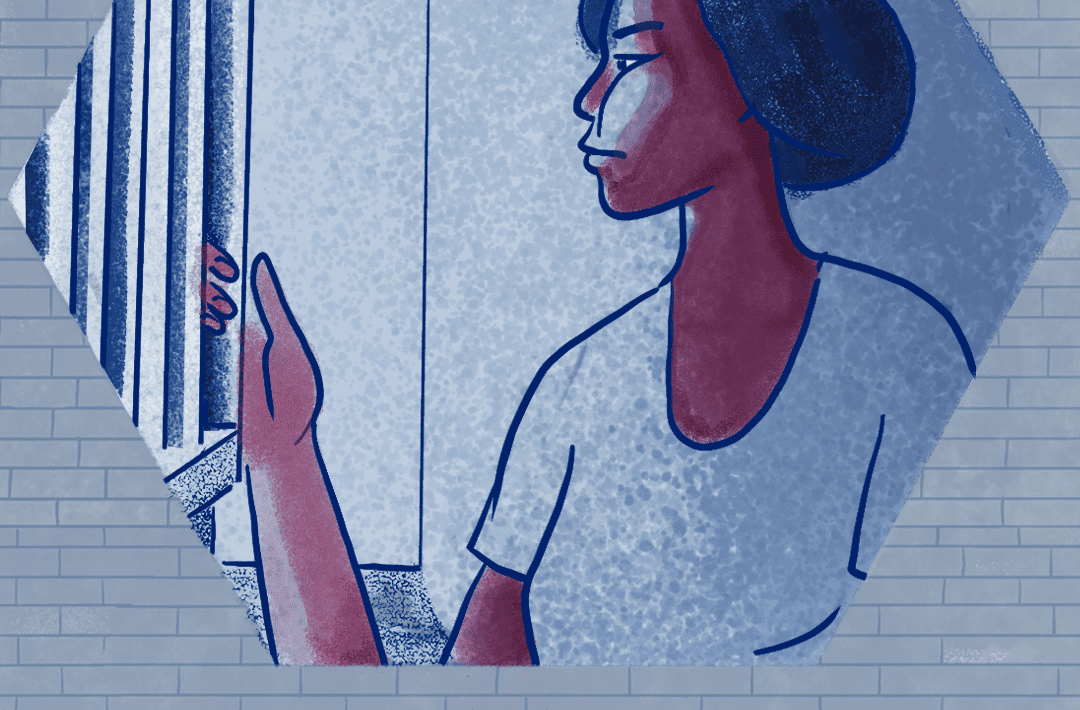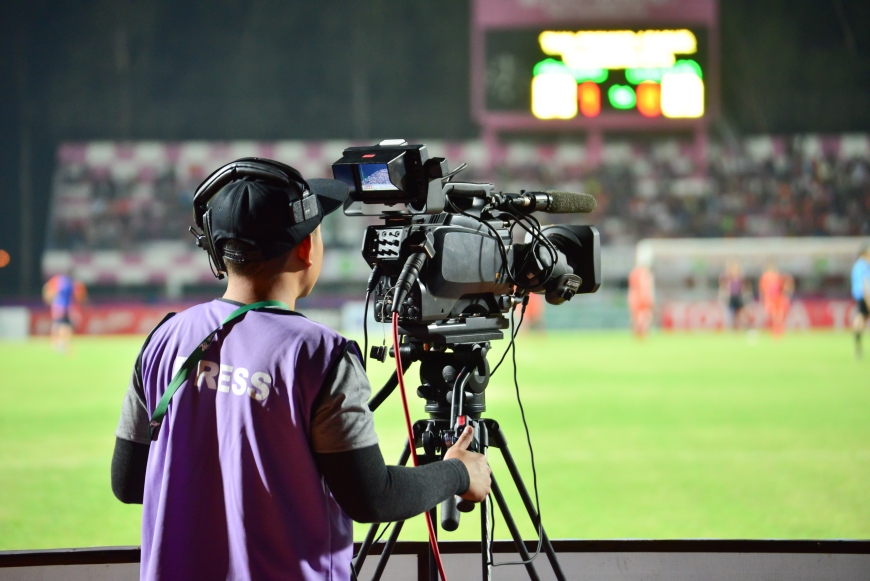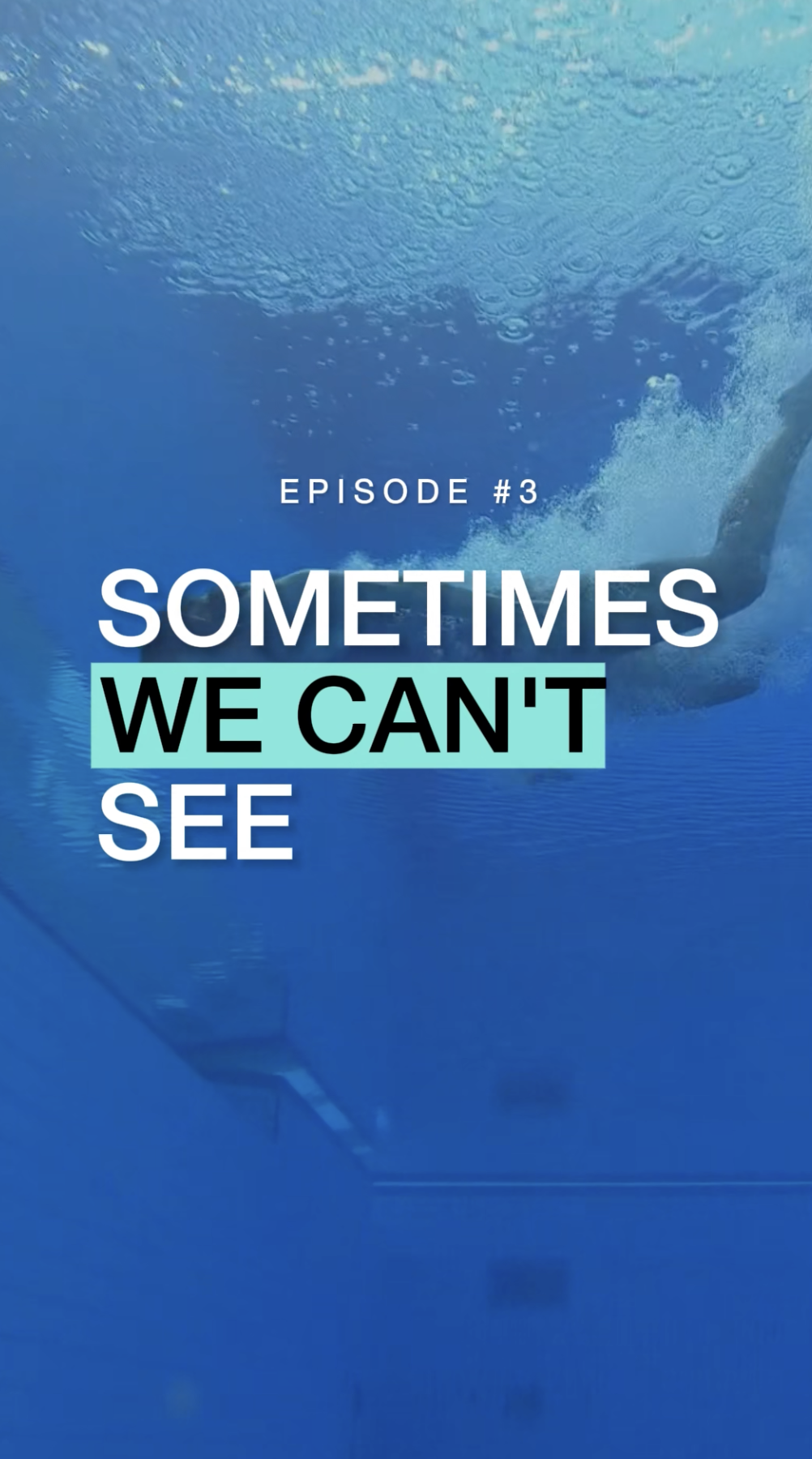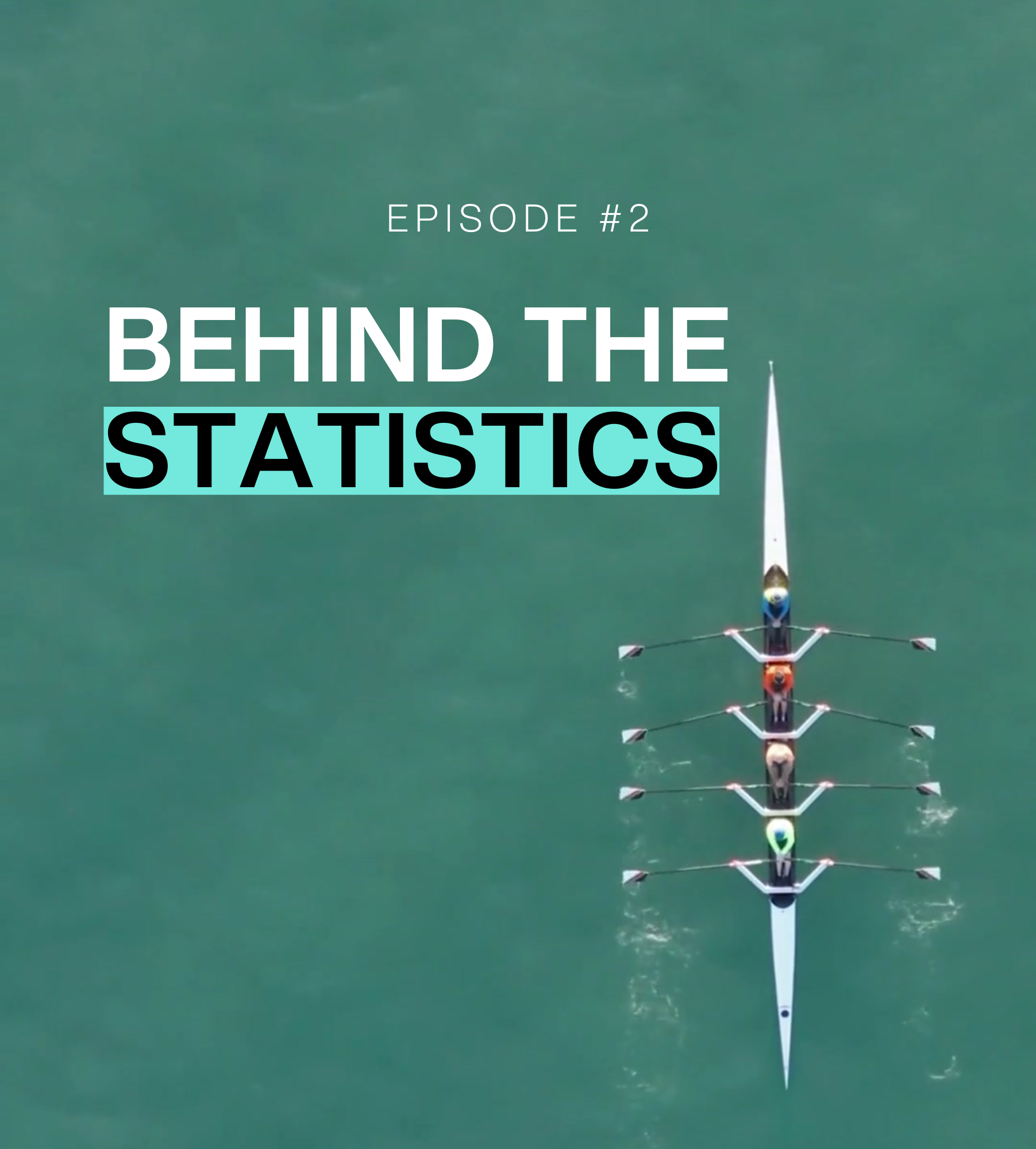Commonwealth member countries have unanimously adopted a statement to promote human rights and tackle discrimination at all levels of sport – from community games to elite sporting events.
Guide to Protect and Promote Human Rights
The consensus statement sets out 13 commitments and serves as a guide to protect and promote the human rights of every individual involved in the sport sector.
Each of the Commonwealth family’s 54 member countries has committed to combating racism within the sport sector, promoting women’s equality and empowering people with disabilities to participate on an equal basis.
Through the statement, member countries have agreed to implement a zero-tolerance policy towards violence, harassment, abuse and discrimination in sport, while setting up multi-sectoral platforms to respond to human rights violations.
The statement places emphasis on introducing human rights objectives in the life cycle of major sporting events to spur a lasting positive legacy from bidding, planning and procurement to competition delivery.
While sport has always been a powerful proponent of human rights, evidence suggests some negative influences. Amnesty International notes when countries host major sporting events, human rights abuses, such as repression of free expression, forced evictions or labour abuse, often increase.
Commonwealth Secretary-General Patricia Scotland said:
“We can tend to see sport as a panacea for all ills but it is also an honest reflection of our societies, with both the perfections and imperfections.
“Commonwealth sports ministers have made clear their commitment to work together to protect and promote human rights in and through sport, and so that this global industry upholds the individual dignity and the human rights of all, and protects against abuse.
“This Commonwealth statement, leveraging the power of our 54 member countries, sets standards for purposefully accelerating national and international efforts to foster the human dignity of everyone, especially vulnerable people, while unlocking the economic and social value of sport.
“This task is more urgent now than ever before as the pandemic not only puts human rights of millions of vulnerable people at greater risk but directly affects many of those who are least well-placed to adapt to rapidly changing human, social and economic circumstances.”
Recognising corruption as a threat to sport, ministers agreed that a human rights approach requires upholding transparency, accountability and good governance.
The statement reaffirms the need to further integrate sport in national policies to achieve sustainable development targets, while setting up measures to monitor and evaluate progress.
At the 2018 Commonwealth Sports Ministers Meeting in Australia, member countries asked the Secretariat to develop this consensus statement, which was unanimously adopted on Friday after numerous consultations coordinated by the Commonwealth Advisory Body on Sport.
More Resources
The Commonwealth Consensus Statementing on Promoting Human Rights in and through Sport (PDF)
Commonwealth Ministerial Forum on Sport and COVID-19 – Forum Statement (PDF)
9th Commonwealth Sports Ministers Meeting Communique (PDF)Social development






